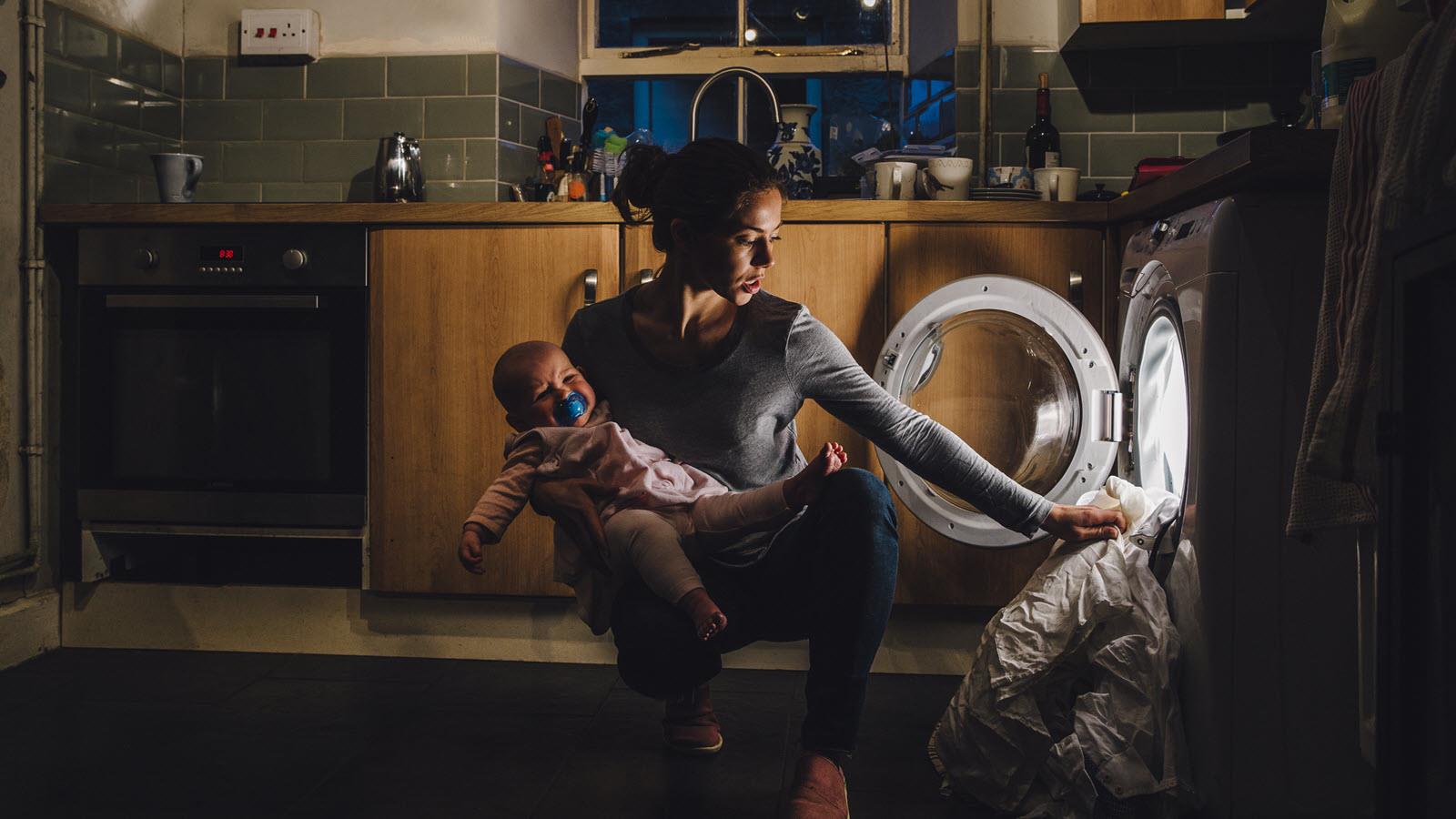By nature, and often by nurture, women typically shoulder more than their share of the domestic burden, especially when it comes to caregiving responsibilities. From pregnancy through birth and breast feeding, women fill biologically assumed roles. And they also work outside the home in huge numbers.
But “having it all” and doing it all isn’t realistic for most women – even those who are healthy and full of energy. Arlie Hothschild wrote about this in her 1989 ground-breaking work “The Second Shift,” which explored women’s added burdens as they came into the workforce but were still expected to maintain their domestic responsibilities. Hothschild described how women not only put in a month more per year of work compared to their significant others, but they also continued to carry most of the emotional weight of domestic life.
I have a primary immunodeficiency and I know those unrealistic cultural expectations fall hard on women who are also managing rare and chronic illnesses. We may not be able to meet everyone’s expectations of us at home and at work. Rather than be full-time caregivers, we may need others to take care of us sometimes. This can substantially impact a woman’s self-esteem and identity. We all want to be able to care for the ones we love, but because of the unpredictable nature of managing a chronic illness, we may not be able to show up in all the ways that healthier women can for children, parents and partners.
It's important to accept this reality yourself. Your limits are your limits. But you can still show up for those you love in meaningful ways, even if it’s at a lower volume and doesn’t fully meet societal expectations, which – reminder – are difficult for all women. Remember that your gifts and strengths persist despite your chronic illnesses. Whatever the restrictions have been forced upon you, know that you are still a valuable partner, mother, daughter and friend.
Keep these suggestions in mind:
Establish boundaries with family members and loved ones: This will decrease your anticipatory anxiety about letting others down. You might need to remind loved ones what you can and can’t do. Don’t assume that they are disregarding your physical limitations. They may have forgotten that circumstances are contextual, and your abilities fluctuate depending on your health status. Communication and clarification decrease resentment.
This can be especially challenging with children. You may be not able to attend every Little League game, dance recital or chess competition. Talk to your children about how their extracurriculars are important to you and find ways of supporting their interests and activities even when you can’t be there in person. For instance, you might write your child an encouraging note or arrange to share a special meal with them after a competition. Help kids develop coping strategies to diminish their disappointment and free you from feeling that you failed them.
Remind yourself you are still a caregiver: Make a list of all the ways that you provide care to your loved ones. This includes the love and encouragement you give your partner and the time you spend with a child doing homework or making a craft together. You may not be able to physically care for your ailing parent, but you could make an excellent medical case manager. Anyone who is living with a chronic condition has earned something like a master’s degree in navigating our complicated medical system so use those skills!
Get comfortable with inconsistency: We all know that we have times when we have more expendable energy and can keep up with dinner, laundry and other caregiving tasks. These periods may not be consistent, but that inconsistency does not mean that you are not contributing. Quite the opposite. You’re showing your loved ones that you are generous with your time and energy when you have it to give.



